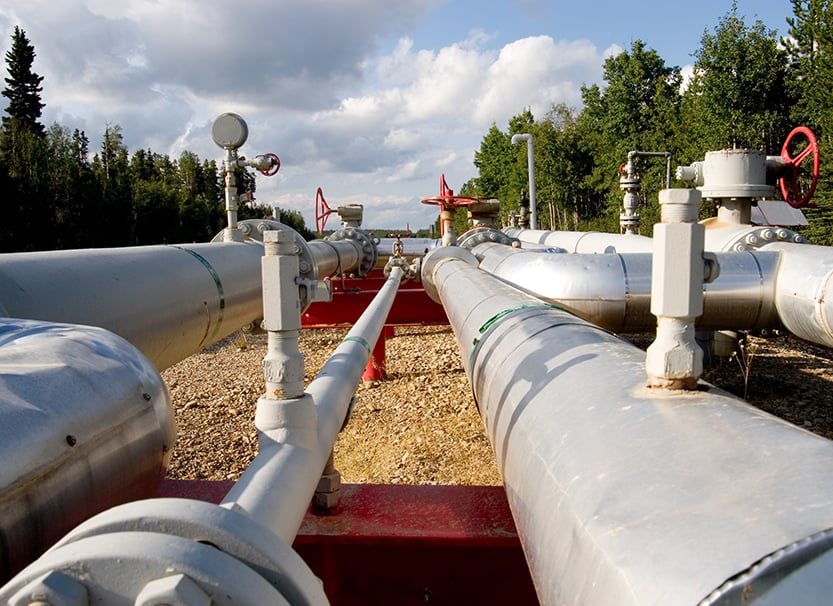
U.S. EPA Removes Regulatory Affirmative Defense Provision Against Alleged Violations of Oil and Gas Facility NESHAPs
On October 22, 2024, the U.S. Environmental Protection Agency (EPA) published a final rule removing an affirmative defense from Clean Air Act (CAA) National Emission Standards for Hazardous Air Pollutants (NESHAP) regulations for the Oil and Natural Gas Production Facility and Natural Gas Transmission and Storage Facility Source Categories (Final Rule).[1] Prior to the Final Rule, owners or operators could assert an affirmative defense that alleged NESHAP standard violations were caused by an equipment malfunction.[2] A “malfunction” is defined as any sudden, infrequent, and not reasonably preventable failure of air pollution control and monitoring equipment, process equipment, or a process to operate in a normal or usual manner.[3]
Jarkesy’s Potential Implications for EPA Administrative Proceedings
On June 27, 2024, the U.S. Supreme Court decided SEC v. Jarkesy,[1] holding that when the Securities and Exchange Commission (SEC) alleges a defendant has violated securities antifraud provisions and seeks civil penalties, the defendant is entitled to a jury trial in federal court under the Seventh Amendment. The ruling restricts the SEC’s use of its own in-house administrative tribunal with its own administrative law judges (ALJs), which the SEC has historically used to pursue antifraud claims. While the Court’s ruling focuses on the SEC, the principles underlying the decision may be applied more broadly to restrict the ability of other federal agencies, including the Environmental Protection Agency (EPA), to pursue civil penalties via their own administrative proceedings.

Companies With Environmental-Related Concerns Should Pay Attention to DOJ’s Voluntary Self-Disclosure Policy
On February 22, 2023, the U.S. Department of Justice (DOJ) announced the formalization of its voluntary self-disclosure policy for corporate criminal enforcement (VSD Policy) for all U.S. Attorney’s Offices (USAO). The VSD Policy details the circumstances under which a disclosure will qualify as a voluntary self-disclosure under the policy and, in turn, provides incentives to companies to make eligible self-disclosures. One such incentive — provided that the company makes an eligible self-disclosure, fully cooperates, and timely and appropriately remediates the criminal conduct — is that the USAO will not seek a guilty plea unless there are aggravating factors present. This is the first time DOJ has issued nationwide standards for voluntary self-disclosures for corporate criminal enforcement.
